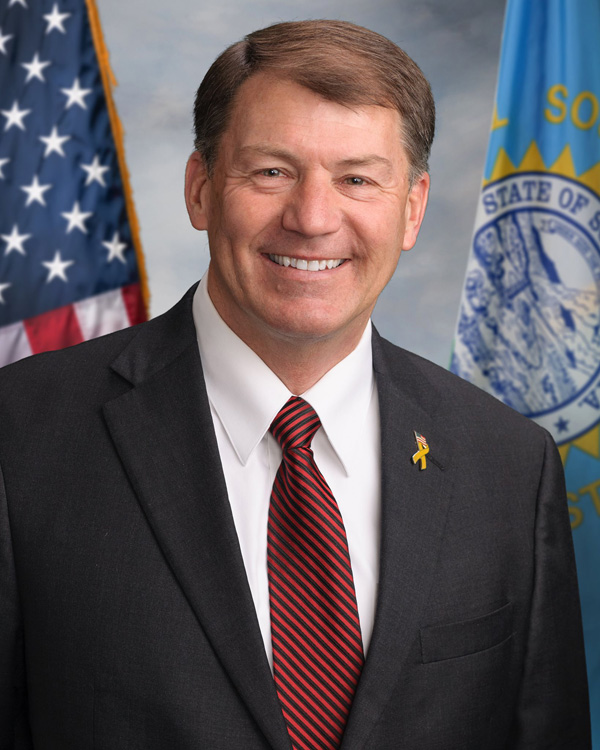

COVID-19 Bill Provides Temporary Economic Relief While States Prepare to Safely Reopen
By U.S. Sen. Mike Rounds (R-S.D.)
When the Senate passed emergency COVID-19 relief legislation—called the CARES Act—in late March, our country was experiencing the early stages of the pandemic. Businesses were closing to the public, people began to stay home and our economy took a nosedive. The CARES Act provided direct financial assistance to businesses, individuals and families to lessen the impact on the economy, so that when our country reopens, our economy will be able to bounce back more quickly.
After the president signed the CARES Act, the federal government began working to implement the many different parts of the law. While it has been a bumpy road to get certain programs up and running, the CARES Act has been able to help millions of people across the country get needed relief during this time. The Paycheck Protection Program (PPP) has provided loans to more than 20,000 small businesses in South Dakota. These loans are forgivable if employers use most of the proceeds to keep their employees on the payroll. This is not only good news for small businesses, it is also good news for the employees—and their families—who won’t have to file for unemployment assistance.
Congress has an oversight responsibility of the federal government. In the Senate, we have been working over the past two months to make sure the different federal agencies are properly administering the $2.4 trillion of COVID-19 relief funding included in the CARES Act. Because it is such a large amount of money, it’s important that the government remain transparent about how it is being used. Our Senate Banking Committee recently held a hearing, where Treasury Department Secretary Steven Mnuchin and Federal Reserve Chairman Jerome Powell reported on the economic impact of the CARES Act so far. We discussed changes that could be made in future COVID-19 response legislation, including revisiting the June 30 deadline for when payroll can be reimbursed under the PPP.
As states begin to reopen, we’ll continue to monitor the need for additional relief. We’re also keeping a close eye on the CARES Act provisions to determine which programs are working as intended. If we do pass a “phase four” bill, I have asked Senate leadership to include legislation I introduced that would allow state, tribal and local governments the ability to use up to 25 percent of their original CARES Act funding to make up for lost tax revenues, so they don’t have to raise taxes on citizens to fund schools, law enforcement, fire departments, road construction and Medicaid services. We’d also like to see additional relief for beef, hog and dairy producers, as well as bipartisan legislation I’ve introduced that would allow for state-inspected meat and poultry to be sold across state lines.
The “phase four” bill that passed the House of Representatives recently is a non-starter in the Senate. Speaker Pelosi’s $3 trillion bill is a socialist wish list that includes taxpayer funding for abortion, funding for cannabis, incentives for illegal immigration, and the federalization of our election system among other things.
If we do take up another COVID-19 relief bill in the Senate, it won’t look anything like Speaker Pelosi’s bill. Any future legislation we pass will be strategic, targeted to COVID-19 and will fix some of the issues that have come up during the implementation of the CARES Act.
###
